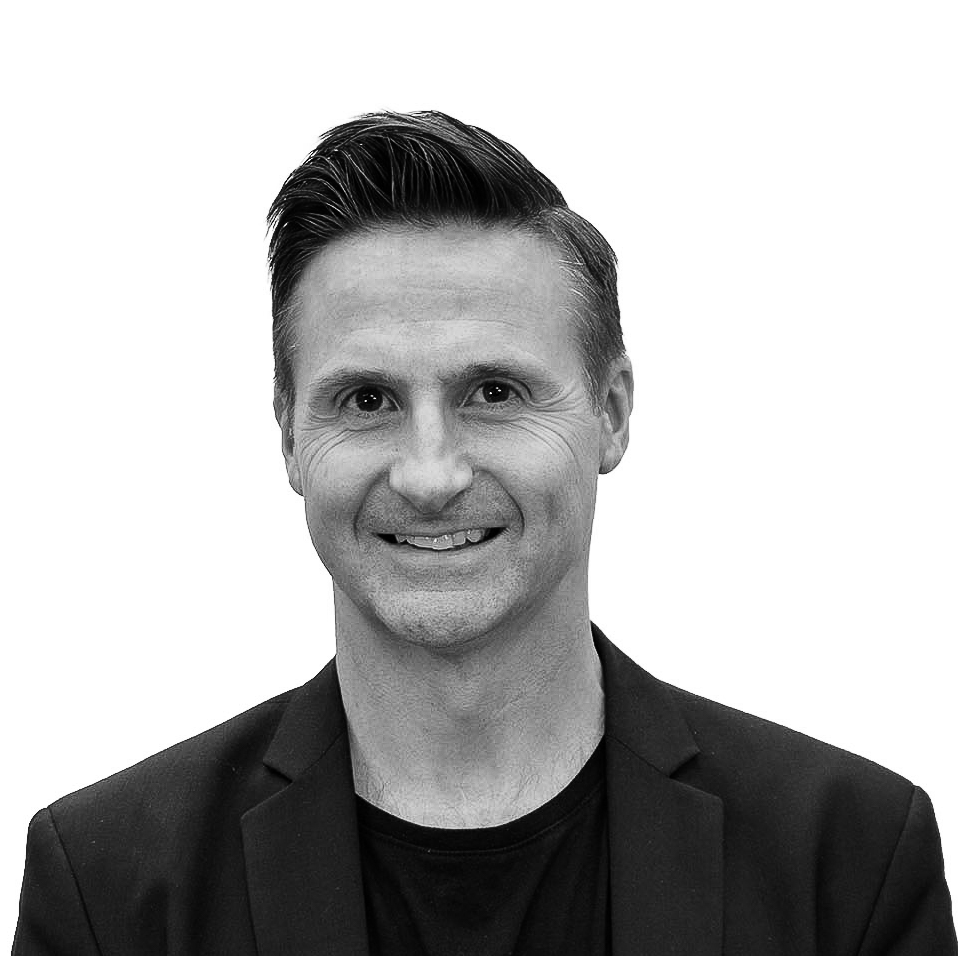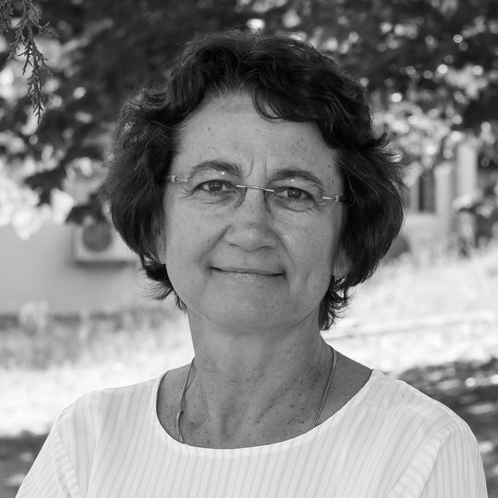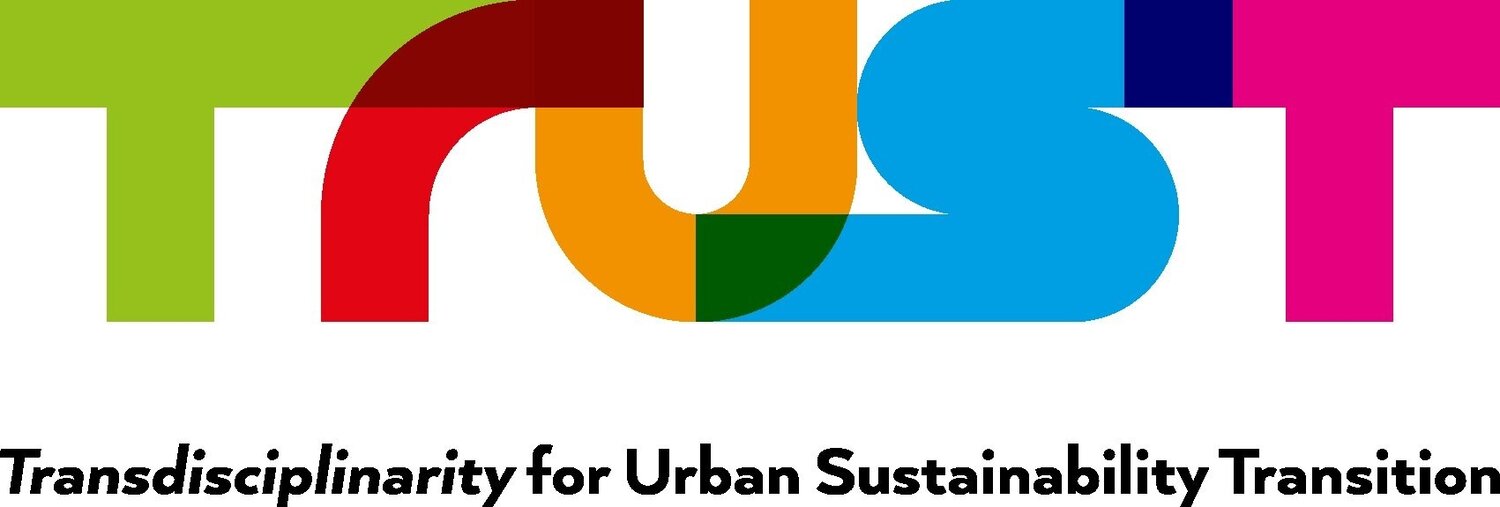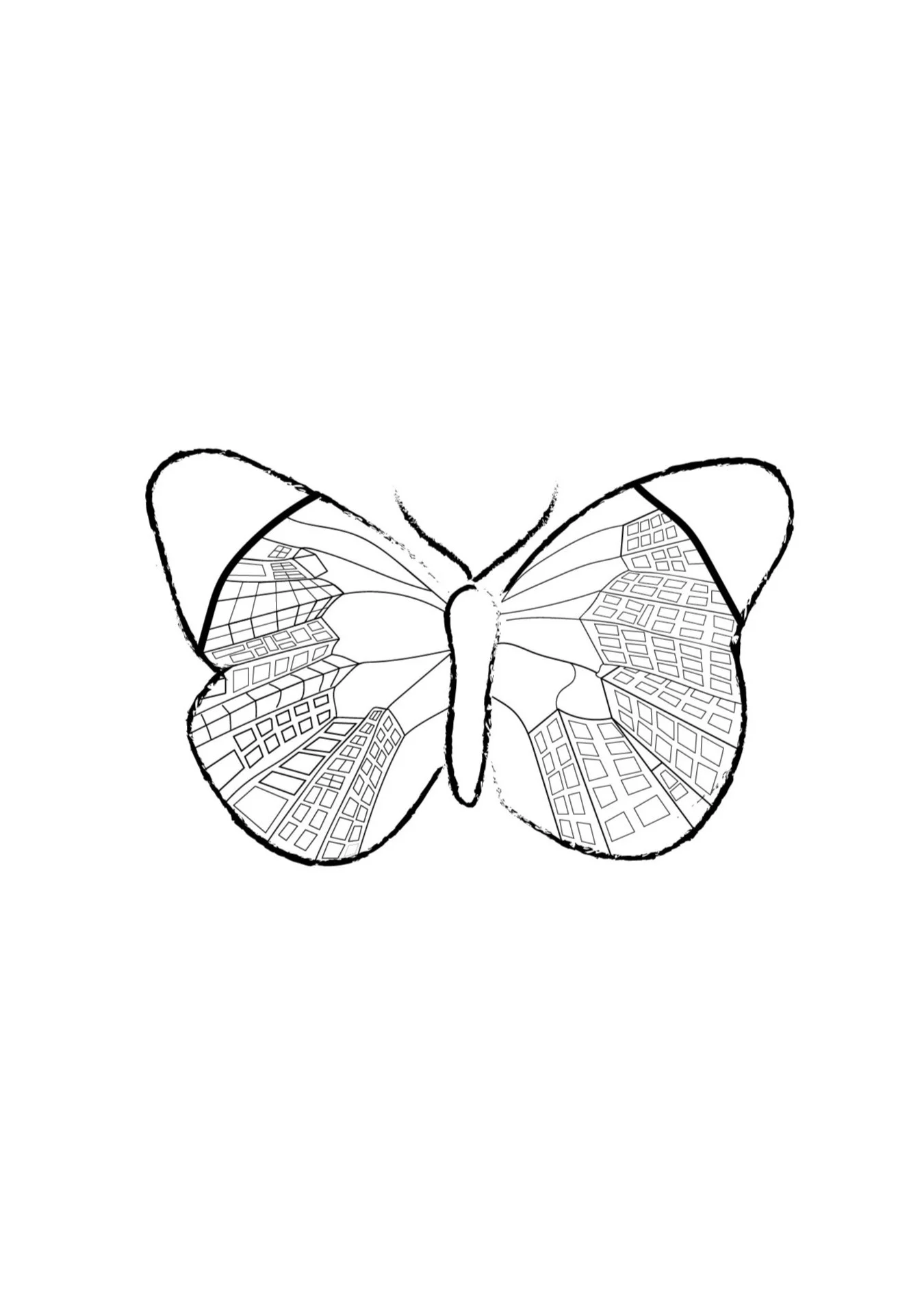TrUST Podcast episode n. 6:
Transformation
In the sixth episode of Trust Podcast, Giulia Sonetti discusses the topic of transformation with Per Olsson, associate professor and transdisciplinary researcher at the Stockholm Resilience Centre, and Julia Seixas, associate professor at Nova University in Lisbon. Click on their photo below to know more, and listen to the 30 mins episode to discover their transformation in action within academia. T-labs and disobedience lab are few of the new methodology for generating innovative approaches for re-wiring social-ecological systems.
Speakers

Per Olsson
Per Olsson leads the SRcentre's work on transformations for sustainability, working with agency and system entrepreneurship. His current research focuses on agency and system entrepreneurship, social-ecological innovations, transformations to sustainability, and how to reverse current trends of crossing critical thresholds and tipping points in the Earth system. In 2019 he was recognized by the Web of Science as one of the world's most influential researchers of the past decade.

Julia Seixas
Julia Seixas is associate Professor at NOVA University Lisbon, in the areas of Remote Sensing in Environment, and Energy and Climate Change. Coordinates the Energy & Climate group at CENSE research center, dedicated to R&D towards carbon neutrality. She Coordinates studies to support the national public policy on climate mitigation for more than 20 years and the Climate-KIC Hub Portugal.
The Stockholm Resilience Centre is an international research centre that focuses on resilience and sustainability science. More info about Steps Centre’s T-labs here. CENSE – the Center for Environmental and Sustainability Research, promotes interdisciplinary research in environmental sciences and engineering, focusing on the interaction between human and ecological systems, to promote sustainable development. More info here.
Transcription
Giulia: Welcome to the 6th episode of the Trust podcast. This episode is about transformation, and the next episode will be about the urban transition. We will use these topics to close the u path guiding us in the first season of the trust podcast. We wanted to first explore with practitioners, experts, and students the doom and gloom scenarios of social, ecological, and spiritual distractions we are witnessing nowadays. These subjects were held in the last three episodes of the podcast, and then now we want to understand how we should aim for large-scale transformation. Of course, it is easy to feel paralyzed and doubted by this task, and also, I guess we can feel a bit sad after all the collective theater in these 26 acts of the cop play. We heard about fair and balanced reporting on progress that is sold by the media. Of course, this progress in this transformation but what? This is largely irrelevant to the task at the hand in a time frame we have. Are we incapable of saying the truth even if the implications for our economy are not practical? Are we incapable of aiming for a real bold transformation? So, I'm going to ask today Per Olsson and Julia Seixas what do they think about transformation. Let me ask our two guests what they feel about the image you have been listening to the description and what you saw beforehand. Julia, do you want to start?
Julia: Yep, thank you very much for inviting me to this conversation. It is a pleasure. Yeah, regarding the picture that you have picked for us. What I can comment on is that so there is a young lady with two wings, but it seems like she stopped in the street. The thoughts that I had looking at this, ask and listen to the youth around the world. I feel that these youth really have some wings to do this transformation, but somehow, they are trapped in our mainstream and business's usual scheme. It is the same with a bird that could be urged; they have these wings, but they are not able to fly. I really believe that some of these problems are realized in my generation. My business's usual schemes that, we the 50/60-year-old people have developed to govern the world.
Giulia: Thank you, Julia. You always wanted to discuss our role also as decision-makers or at least powerful academic actors to drive the transformation. But first, let me ask Per, what were your feelings in this photo on transformation?
Per: Thank you for inviting me, Giulia. It's nice to be here. When I see the image, my thoughts go to the need for imagination, imagining our future, thinking differently about our future. That's the first thing I think about. There are lots of issues around imagination, there is a lot of editors that says there's a really important capacity and transformative capacity. Actually, it has an important role in our in the transformations that you talk about, so imagination is a link to work on scenarios and narratives. There's a lot of issues around imagination right now. You mentioned the youth movement which raises the question of who gets to imagine and who has the power and possibilities to match. There are many marginalized people in the world that might not have the energy or the resources to imagine. Because they just basically have to survive. That means that there is an equality issue there. Who gets to imagine that and that it's not just the global north that has time to, energy to imagine things? So, my colleagues for example Laura, Pereira and others they try to work on this for example there's a project called "AFRİfutures" and African futures where processes of imagination are sort of based on where people are in their context. That's what I start to think about when I see this image and, of course the youth movement, which Julia already talked about.
Giulia: Yeah, thank you. Per, let me introduce you also to the audience. Per leads the Stockholm resilience center work on transformation for sustainability, working with agency and system intrapreneurship; his current research focuses on agency and system intrapreneurship social-ecological innovation, transformation sustainability, and how to reverse current trends of critical crossing thresholds and TP points in the earth system. In 2019, he was recognized by the web of sciences as one of the world's most influential researchers. Per you always mention all the wonderful colleagues you work with at the Stockholm resilience center. That is offering me the window to ask you. What do you think history tells us about the purpose of large-scale transformation, including a major shift in paradigms, institutions, and practice? Feel free to state what do you mean by transformation? How can we separate this concept from the adaptation? How can young people start imagining this new transition and this new transformation?
Per: I'll start with what I mean when I talk about transformation. I think it's an important thing we need to talk about because the concept of transformation is taking off really taking off like the concept of resilience did maybe more than a decade ago. and it's becoming more popular. and when we talk about transition, we talk about a specific type of change that might be different than adaptation. where adaptation is basically dealing with uncertainty and disturbance and but stay on track while transformation is about changing track and changing the system that created the problems from the start. I think it's important to have these definitions because the risk now is that transformation is just used instead of the word change, but we need to talk about what type of change we need. So, some people talk about that we need transformation literacy, and I think that is important. Then we have a whole definition of transformation that I think it takes a little too long to go through here. Still, several things are missing to be part of that transformation. Basically, it's about changing a number of relationships, relationships to yourself, relationships with other people, and their relationship with the planet. We also include their relationship to our history, our forefathers and their relationship to future generations. I think the point that we need them to change fundamentally; it changes our behaviors, rules, regulations, paper values, and worldviews... But we also need to change how relationships how resource flows in society and our roles, routines, and who is doing what and how. So, I think it's important to have these definitions and work on these definitions to end the analytical frameworks and understand the transformative change in the way we need.
Giulia: Yeah, thank you, Per. Talking about transforming policy, Julia Seixas can maybe give us an example of what she's doing. She's an associate professor at Nova University, list one and areas of remote sensing environment energy and climate change. She also coordinates the energy and climate group at Sensor Research Center dedicated to warranty towards carbon neutrality. She has been coordinating support for the national public policy on climate mitigation for more than 20 years. Julia, can you give us an overview of your work? You always stressed the importance of moving away from a solution that came to reduce just "one" negatively impacting "one" system; because we are all interconnected, right?
Julia: Yeah, I've been working for a long time now with integrated energy systems modeling with a team of people from CENSE. We have been inviting for no matter what the government is from (the left-wing or the right-wing). We have been inviting them to prepare the technical studies that would support some policy decision-making. This has given me knowledge or sensibility regarding how the decision-making system makes mostly on the national governmental level and at a local level. What are these guys looking for? When they talk about carbon neutrality, for example. I agree with Per, where he explained the difference between transformation and adaptation. One of the things that I've been concluded or been aware of it's very, very difficult for those people who are in charge to make some decision to make some difference. Firstly, the high difficulty to understand what transformation is about, what should be done indeed. Because most of the time, what they want is to have some view on the future, and then the most that they do is to adapt the current systems for any incremental change. This is about the Portuguese reality, but I believe this is the case for almost all the countries. So, when you look deeper into this difficulty and this barrier of people, sometimes I have to say that they are genuine, they really want to make something different. Not every case, but sometimes it is. I always end in a conversation with my group, and we always come to this educational system that we have. Educational systems from the very young to the universities are being organized in the syllabus for a long time, and when you make people think on the syllabus, I mean on management or economics -in other way- or mathematics….. I mean different rules, different people, different communities; everything is on the syllabus. It's very difficult for people to understand how the system interacts across the different disciplines, across the different systems from social, ecological, economic, and so on. It's very difficult these days to talk about transdisciplinarity or interdisciplinarity. In most of the cases when I participate in exercises and workshops, we are very polite about it. Still, indeed we do not feel those things as we should do, in order to understand that other guy, the other system and try to get some links. Because this is the first thing we have to do, we have to listen to understand to change in the next phase; otherwise, it is very difficult. This applies not only to the policy-making schemes at the political system but also at the companies. It really happens at the board of the companies. For me, transformation means something different that we have to do with our young people. We are at Nova at the school of science and technology. I am involved with the other colleague, Professor Antoni Camera and Tilo as well. We are developing a new space that we call the disobedience lab. We want in this disobedience lab to invite our students (second-grade students of the environmental engineering program) to have space for these students to disobey the business as usual; in the topic, the issues they want to disobey. In mathematics or physics, whatever they want. I mean it's open. It's a space that we want to develop with some digital stuff to experiment different things, but the key idea is to put these young people outside of the educational system for a moment to make them explore things in a different way.
Giulia: I love the name, the idea, and the practice of this disobedience lab; thank you. Can I sign up, too, for this disobedience lab? You anticipated what I was going to ask both of you. So how can we rewire "academies" to help humans become a positive force for the transformation of the planet, contributing to regenerative development? Per do you want to present the transformation where you left conducting? Are you disobedient too?
Per: Yeah, we have tested the idea of T-labs, in a project together with Step Center in the UK and others around the world… I think this is a great idea Julia, about the disobedient lab because that's what it's all about. To create these spaces for transformation, I think disobedience and encouragement are the other really important things. You asked about how transformations can happen. Many of our studies and other researchers' studies also point to the need to create these spaces and what they call the sort of protected niches where new ideas can start to formulate from ideas; maybe networks of people can start to merge. That's where the reconnection and rewiring start to happen. The big challenge right now is that we have so many great transformative spaces and experiments out in the world on many of the pressing issues we're facing. Try to understand how all these good things going on out there in the margin can impact scales that matter in what we would call the Anthropocene at these very large scales and very large processes that we have at the global level. I think that's a really interesting issue how these sort of transformative spaces and disobedient lives or T labs can have a disruptive effect. Because we know that on a journey going from small to having a larger impact on society, what often happens is in the current status quo system is Co-opting these ideas to make them fit into what already exists instead of being disruptive, we talk about adaptive innovations. I think that also means that you, as an agent of change, the system might change you more than you are changing the system. We're trying to understand that part of a transformative process and especially how to navigate that complexity as an agent of change.
Giulia: Yeah, thank you. This is giving me a lot of hope because actually, I started the episode saying, "Oh my God, we will be nurturing the doom and gloom scenarios of the first episode." but no, we had seeds of change; we had the social innovation space; we had transformation spaces, and I want to thank you for holding the spaces and creating those spaces. Maybe just a closing remark to help young people to join one of these spaces or create one if they are in places where those spaces are still difficult to find. Do you want to give closing remarks to the young people with listening to this episode now?
Julia: Yeah, I would like to say one more thing. My background is more related to environmental engineering, sustainability and ecological equilibriums, and stuff like that. One of the things that worries me is the young people because I'm living in Lisbon, a city with a very large urban area. We receive students from other parts of the country and from other parts of Europe. What I realized about these young people is how far they are from nature and the lack of knowing how nature functions and fills, this lack of contactness with nature. I also want to include in this dealer is to put the young people emerge a couple of days in some natural reserve (we have designed in partnership with the national conservation institute) to receive them and to put them emerging nature. I think people and young people are much more emerging digital world than in the natural world. I believe that it also contributes to how we think about the world and the planet's sustainability. Maybe this should also be a force to go ahead.
Giulia: Yeah, I guess you are right. I mean the changing the human-nature relationship is the key to transformation and experiencing nature; being nature is the only way we can transform. One by one, people's perception towards the planet and ourselves as well. Per may you want to close our conversation?
Per: Yeah, very good point there, Giulia, about connecting people on the planet in the changes and staking out new trajectories that rewiring our relationship with the planet is fundamental, so that's a good point. I just want to add that something is the reflection from the Cop 26 right now, and I see in Swedish media some reports of what Greta Thunberg says. There's a reaction from some political youth in Sweden, criticizing Greta for what she's saying and how she says it that she doesn't understand politics. I think it's a trap right now that you create these sorts of almost conflicts between different youth groups. One says like more of an activist movement and the other one is sort of the political entrepreneurs, our policy entrepreneurs who work in the political system. It is important to see that both have an important role, and many more other actors also have important roles, so it's about mapping our roles instead of saying like "you are wrong, and you don't understand.". We should think about what roles we have in the transformation process because the activist might have a really important role in the preparation phase that we call the preparation phase of a transformation. The politicians have an important role in the navigation phase since things need to go from just ideas to institutionalization. I think that is a really important message to the young transformation movement right now which is broader than just activists in the future.
Giulia: Indeed, thank you, Per. We have the large steamboat that we have to shift, so we have to stop accusing each other, simplify our boat seat, and begin rowing. We are moved to row just hardware utilizing our unique talents and experience so and then is prime by beautiful people like you and Julia. This gives me the occasion to thank you once again for your valuable time and valuable experience shared here, and I will see you the next time. Bye-bye, thank you.


